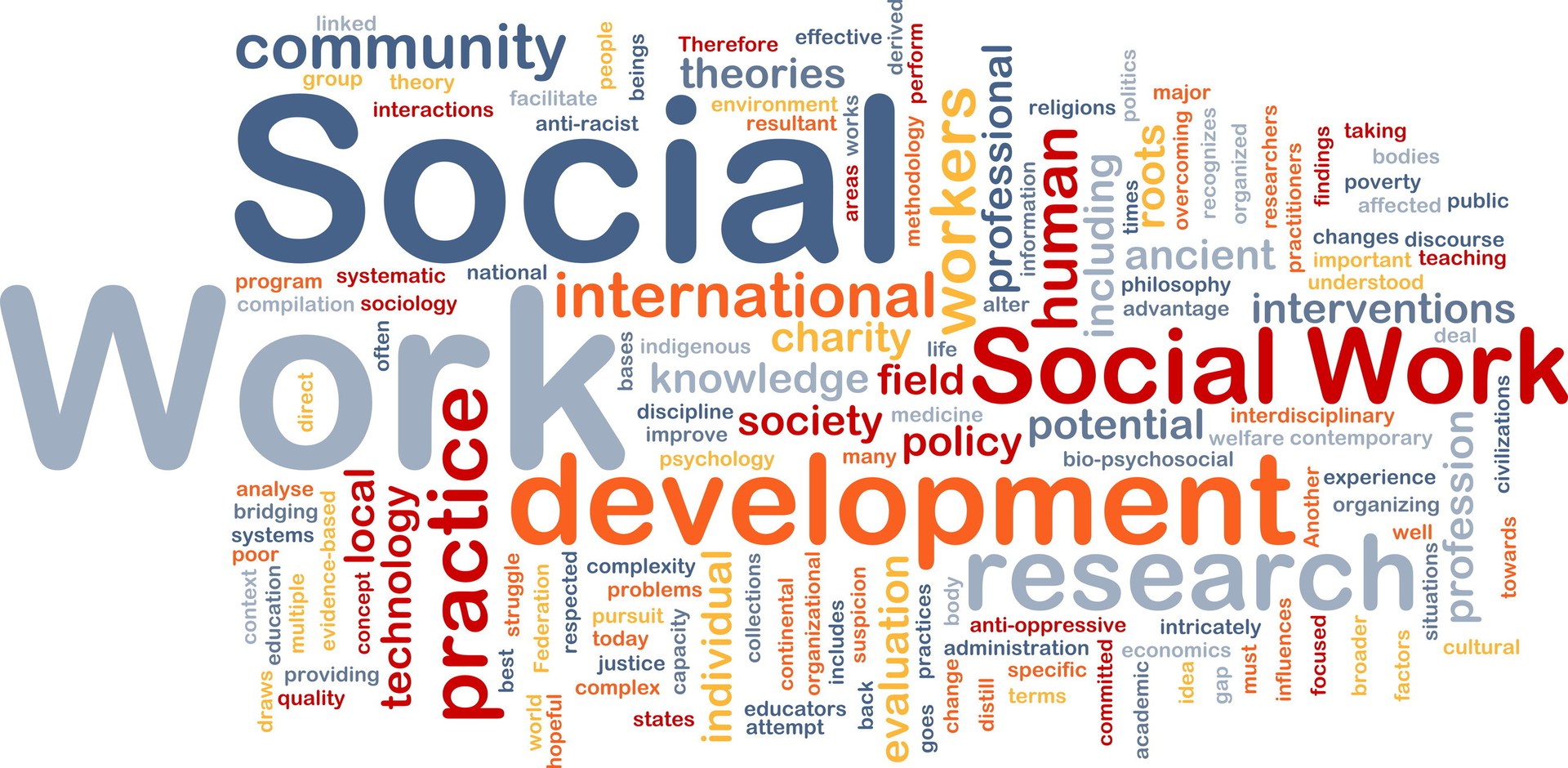Title
American Indian Women Cancer Survivors’ Perceptions and Experiences with Conventional and non-Conventional Mental Health Care for Depressive Symptoms
Journal Title
Ethnicity & Health
Publication Date
2018
Abstract
Background: Despite cancer and depression being disproportionately high for American Indian and Alaska Native (AI/AN) women, such cancer survivors’ help-seeking practices and perceptions related to depression are absent in extant research. A broader context of historical oppression has set the stage for unequal health outcomes and access to quality services. The purpose of this article was to explore AI women cancer survivors’ experiences with conventional mental health services and informal and tribally-based assistance, as well as barriers related to mental health service utilization.
Methods: A qualitative descriptive study methodology, with qualitative content analysis, was used to examine the experiences of AI women cancer survivors as they related to help-seeking experiences for depressive symptoms. The sample included 43 AI women cancer survivors (n = 14 breast cancer, n = 14 cervical cancer, and n = 15 colon and other types of cancer survivors).
Results: Since receiving a cancer diagnosis, 26 (62%) participants indicated they had feelings of depression. Some participants (n = 13) described mixed perceptions of the mental health service system. Generally, participants viewed families and informal support systems as primary forms of assistance, whereas conventional services were reported as a supplementary or ‘as needed’ forms of support, particularly when the informal support system was lacking. Participants received help in the forms of psychotropic medications and psychotherapy, as well as help from family and AI-specific healing modalities (e.g. sweat lodges and healing ceremonies). Stigma and confidentiality concerns were primary barriers to utilizing conventional services as described by 12 (29%) participants.
Discussion: Participants’ help primarily came from family and tribally-based entities, with conventional mental health care being more salient when informal supports were lacking. The mixed perceptions espoused by participants may be related to a broader context of historical oppression; family and social support and tribally-based services may be protective factors for cancer survivors with depression.
Keywords
Cancer, American Indian and Alaska Native or Native American, Indigenous, help-seeking, depression, social support
Document Type
Article
Disciplines
Social and Behavioral Sciences | Social Work
DOI
10.1080/13557858.2018.1493439
Recommended Citation
Burnette, Catherine E.; Liddell, Jessica; Roh, Soonhee; Lee, Yeon-Shim; and Lee, Hee Yun, "American Indian Women Cancer Survivors’ Perceptions and Experiences with Conventional and non-Conventional Mental Health Care for Depressive Symptoms" (2018). Department of Social Work. 24.
https://red.library.usd.edu/socialwork/24


